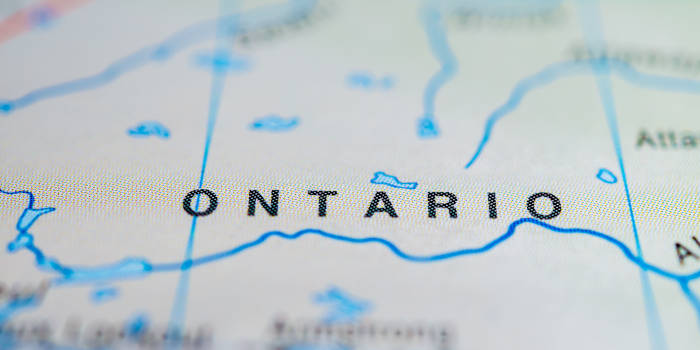Research to Determine Impact of Problem Gambling in Lancashire, UK
A new research will seek to determine the extent of problem gambling around Lancashire in the UK

Organizations including Lancaster University Management School (LUMS) and Lancaster University’s Psychology department, the leading provider of drug and alcohol treatment, Delphi Medical, Blackburn foodbank, as well as Lancashire and South Cumbria NHS have all joined forces for the new project. Ultimately, the new research seeks to determine the prevalence of problem gambling for the region and possibly attract funding to tackle problem gambling.
The research plans to identify people that are affected by problem gambling and help them receive treatment and support. To help with the assessment of the patients, the researchers will use a short set of questions that will be used by the medical professionals. Those questions are expected to serve as key markers for problem gambling.
The research will collect data for the next few months. Once the collection is completed, the data will be assessed and the researchers will unveil the results of the study. Once this happens, the NHS, police, as well as other public organizations will be invited to discuss the results of the study. The research seeks to become a starting point for a debate and assessment in the market and at the same time bring positive change and help people affected by problem gambling.
Problem Gambling Brings Financial and Emotional Harm
Citing Government figures, Lancaster University explained that there are some 460,000 people affected by problem gambling in the UK. An additional 3.8% is also impacted by at-risk gambling as well. Those cases contribute to an estimated £1.27 billion ($1.5 billion) per year spent by the government in the UK on problem gambling and associated costs.
“Clinicians tell us that problem gambling is a growing issue across our region and is increasingly seen as a trigger for mental health as well as financial crises – but unlike drug and alcohol addiction, current NHS systems are not set up to capture data on problem gambling.“
Dr Carolyn Downs, project lead from Lancaster University Management School
Dr Carolyn Downs, Lancaster University Management School’s project leader, explained that the rate of problem gambling in the country may be higher than the official figures. Citing data from clinicians, she added that problem gambling doesn’t bring only financial crises, but it is responsible for mental health crises as well.
Still, Downs said that currently, the NHS doesn’t collect data for problem gambling, as it does for cases of alcohol and drug addiction. “So, at the moment it is impossible to get a true picture of how many people are suffering, and what this addiction may be costing the county,” she explained.
To capture this data, the new research, starting this week will include three simple questions for people that visit foodbank, Delphi Medical or NHS mental health teams in Blackburn or Blackpool. Finally, Downs said that the questions are not intrusive.
Jerome is a welcome new addition to the Gambling News team, bringing years of journalistic experience within the iGaming sector. His interest in the industry begun after he graduated from college where he played in regular local poker tournaments which eventually lead to exposure towards the growing popularity of online poker and casino rooms. Jerome now puts all the knowledge he's accrued to fuel his passion for journalism, providing our team with the latest scoops online.















